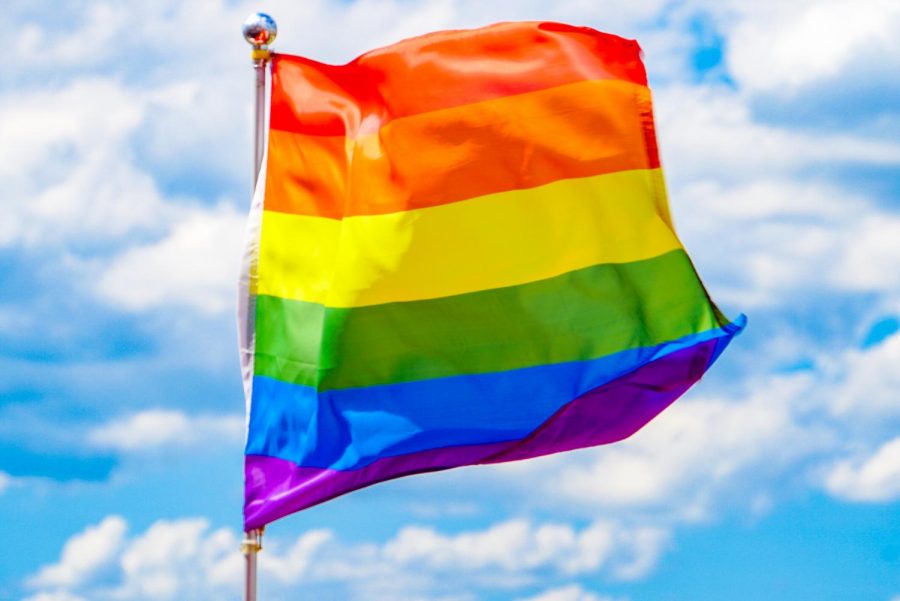This story is part of a series called “Empowering Women” that focuses on women’s issues for International Women’s Day.
Being an ally to women at Marquette University requires more than a verbal commitment during Women’s History Month. Allyship requires a constant dedication to listening, uplifting and supporting women on campus every day.
Recognizing the inequities that women experience on campus, in workplace environments, through interactions with other students, faculty and staff is important, regardless of if they are subtle or clear.
In some classrooms where the majority of students are men, women may be talked over, cut off or “mansplained” to by their peers or professors.
Women may be seen as less intelligent and overlooked by men in male-dominated fields, such as STEM.
In co-ed student organizations, female leaders may be ignored by their male counterparts.
Among students, women may be scrutinized for their appearances, actions, viewpoints and words. Women may be judged for wearing certain types of clothing, sharing their opinions in class discussions and even exercising at the gym.
In every aspect of campus life, stigmas against women can be intentionally or unintentionally perpetuated.
It’s important to keep in mind that the experience of women on campus is not singular.
At a predominantly white institution, the experience for women, specifically women of color, can be drastically different.
While Marquette was founded in 1881, women were not admitted to undergraduate programs until 1909.
However, the first Black woman to graduate from Marquette was Mabel Watson Raimey. Raimey was not only the first Black woman to earn a law degree from Marquette and be admitted to the Wisconsin Bar in 1927 but she was also the first Black woman to earn a bachelor’s degree from the University of Wisconsin-Madison.
According to the Office of Institutional Research and Analysis, there are 1,295 students of color who identify as female compared to 2,909 white students who identify as female, as of fall 2021. For students of color who identify as male, there are only 925 compared to 2,303 white students who identify as male.
The challenges that women of color on campus face are exacerbated, as they have to navigate campus life as women and people of color.
Allies need to make efforts to not only amplify women of color’s voices but also to listen to their stories. This also requires uplifting women who identify as transgender and/or transfeminine.
Transgender and transfeminine women have often been excluded from conversations and activism involving women’s rights and equality.
The responsibility to create safer and more equitable spaces for women doesn’t just fall on men. Women supporting women is also crucial.
Cisgender white women, who have largely been the first group to experience the benefits of gender equality progress before other marginalized groups of women, need to create more inclusive environments.
In a world where cis men are largely in positions of power, men need to reflect on ways they can create spaces for women. HeforShe, a United Nations solidarity movement focused on gender equality, shared that men can be better allies by not sharing sexist content or hate speech, being a bystander to violence against women and communicating with women in their lives about ways they can act in solidarity.
Additionally, cis white women need to take an intersectional approach to the feminism movement. Excluding women of color and women who identify as transgender is inequitable, wrong and anti-feminist.
Kimberlé Crenshaw, a law professor at Columbia University and the University of California, Los Angeles who coined the term “intersectionality” in 1989, explained in a 2020 “Time” interview that intersectional feminism is a “prism for seeing the way in which various forms of inequality often operate together and exacerbate each other.”
Using an intersectional lens to focus on women’s issues involves understanding that other aspects of a women’s identity can create opportunities or challenges; these can include race, sexual orientation, class, religion and physical ability.
Allyship requires active engagement in conversations about the struggles that women on campus face. Addressing inequities calls for reflecting on ways that you’ve contributed to gender inequality and ways moving forward that you can disrupt the status quo.
Editorial topics by the Marquette Wire are decided at weekly meetings between members of the executive board. The editorial is crafted with leadership by the executive opinions editor. The executive board consists of the executive director of the Wire, managing editor of the Marquette Tribune, managing editor of the Marquette Journal, general manager of MUTV, general manager of MUR and ten additional top editors across the organization.



